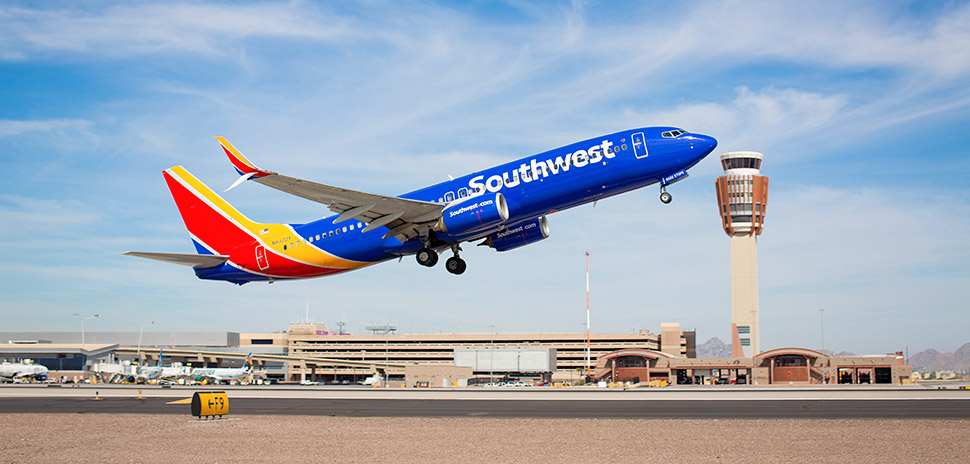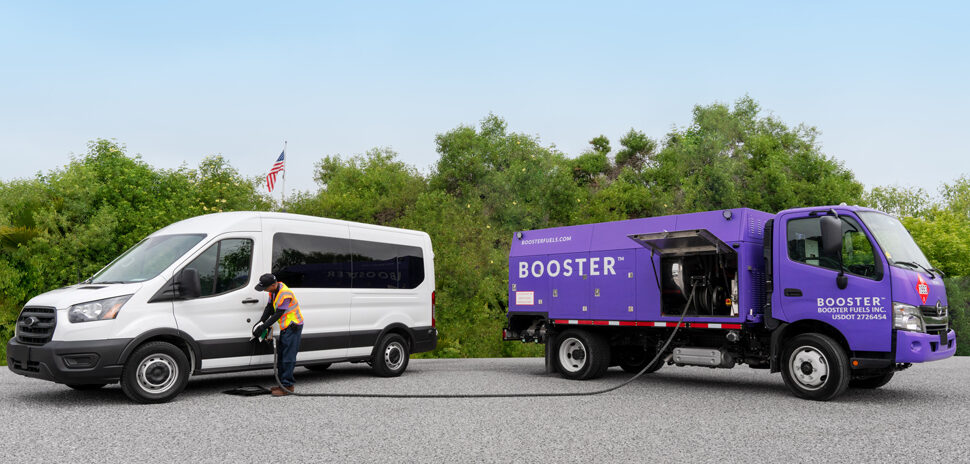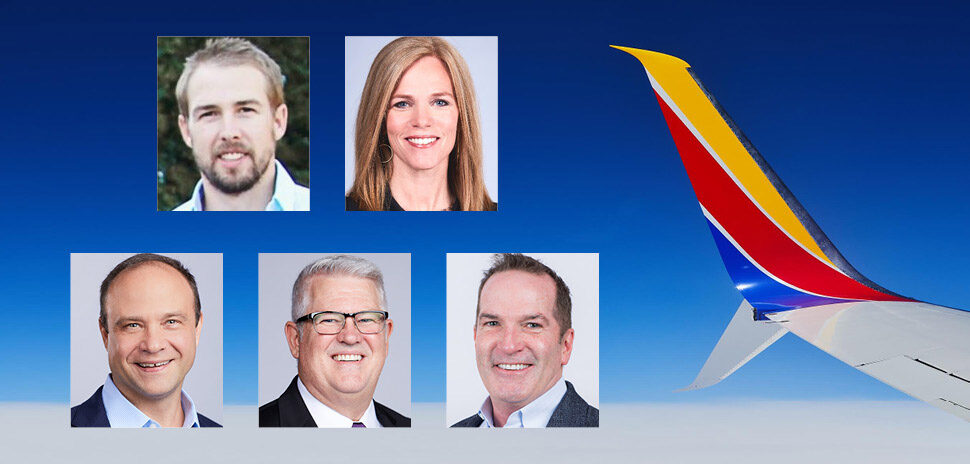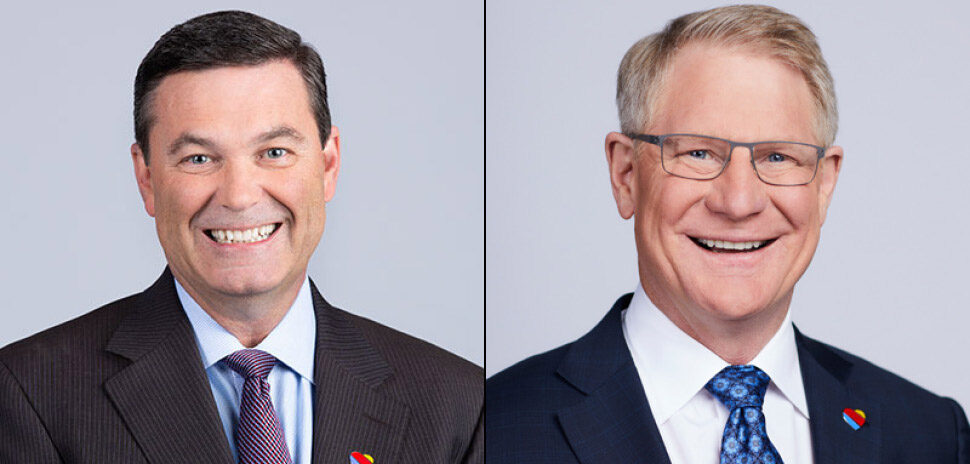Ahead of an expected surge in summer travel, Southwest Airlines is looking to make its flights more environmentally friendly in the long term.
The Dallas-based carrier is investing in SAFFiRE Renewables to pilot a project to use sustainable aviation fuel, as part of a U.S. Department of Energy-backed effort,
“[Sustainable aviation fuel] is critical for decarbonizing the aviation sector,” Southwest CEO Bob Jordan said in a statement. “This is a unique opportunity to invest in what we believe could be game-changing technology.”
From corn waste to jet fuel

Corn stover is whats left over after the corn grain is harvested. [Video still: Southwest Airlines]
SAFFiRE—which stands for Sustainable Aviation Fuel from Renewable Ethanol—was formed this year by North Dakota-based cellulosic ethanol company D3MAX to pilot and commercialize renewable ethanol fuel technology from the DoE’s National Renewable Energy Laboratory.
According to a video posted by Southwest, corn waste left over after harvesting—called corn stover—will be converted into renewable ethanol, which will then be utilized through “alcohol-to-jet technology” for use by the aviation industry.
Biorefinery currently being built in Georgia
Southwests’ investment in the technology matches DoE grant funding for the first phase of the pilot, which includes business planning and technology validation. A biorefinery is currently being built in Georgia, in partnership with Chicago sustainable fuel startup LanzaJet, for scaling the technology in the second phase of the pilot. Once the product is fully tested, SAFFiRE CEO Mark Yancey says about 7.5 billion gallons of sustainable aviation fuel could be produced by 2040.
“Moving cutting-edge technology advances in sustainable aviation to production scale will save money, reduce carbon emissions, and reshape the future of airline travel for the benefit of American consumers,” said David Turk, U.S. deputy secretary of energy, in a statement.
Cutting carbon emissions and challenges
Southwest has a goal of converting 10% of its fuel consumption to sustainable aviation fuel by 2030. This new investment fits in with Southwest’s other efforts to reduce its carbon emissions per available seat mile by 20% in the same timeframe.
Late last year, Southwest announced a 15-year agreement with U.K.-based sustainable fuel tech company Velocys Renewables to purchase 219 million gallons of sustainable aviation fuel starting around 2026.
According to the New York Times, commercial air travel in the U.S. accounts for around 3% to 4% of the country’s greenhouse gas emissions. Citing data from consulting firm IHS Markit, the Times notes that sustainable jet fuels are expected to make up only around 15% of the fuel consumed by the industry by 2050.
Investing in future flights
The investment in SAFFiRE comes as Southwest raised its revenue forecast for the second quarter last week, saying it expects operating revenue to increase by between 12% and 15% compared to Q2 of 2019.
At the same time, the carrier said it predicts fuel costs to rise to between $3.30 and $3.40 per gallon in Q2, compared to the $3.04 to $3.15 per gallon it saw in the previous quarter.
The announcement also comes as Southwest is looking to hire 10,000 employees, including 1,200 new pilots this year, after making staff cutbacks during the pandemic. It also plans to add up to 140 new planes to its fleet of more than 700 aircraft.
Customer experience upgrades
Last month, the company also announced plans to invest $2 billion in “the next generation of customer experience” upgrades on its planes over the next five years.
“We remain intensely focused on our hiring and training efforts as we work diligently to restore our network and position the company for future growth,” Jordan, who took over the CEO role from Gary Kelley in February, wrote in Southwest’s most recent quarterly report. “While it has been an incredibly challenging period, we are greatly encouraged by the progress we are making and believe we are well-positioned for future growth and long-term success with our point-to-point network, low-cost and low-fare business model.”
![]()
Get on the list.
Dallas Innovates, every day.
Sign up to keep your eye on what’s new and next in Dallas-Fort Worth, every day.































